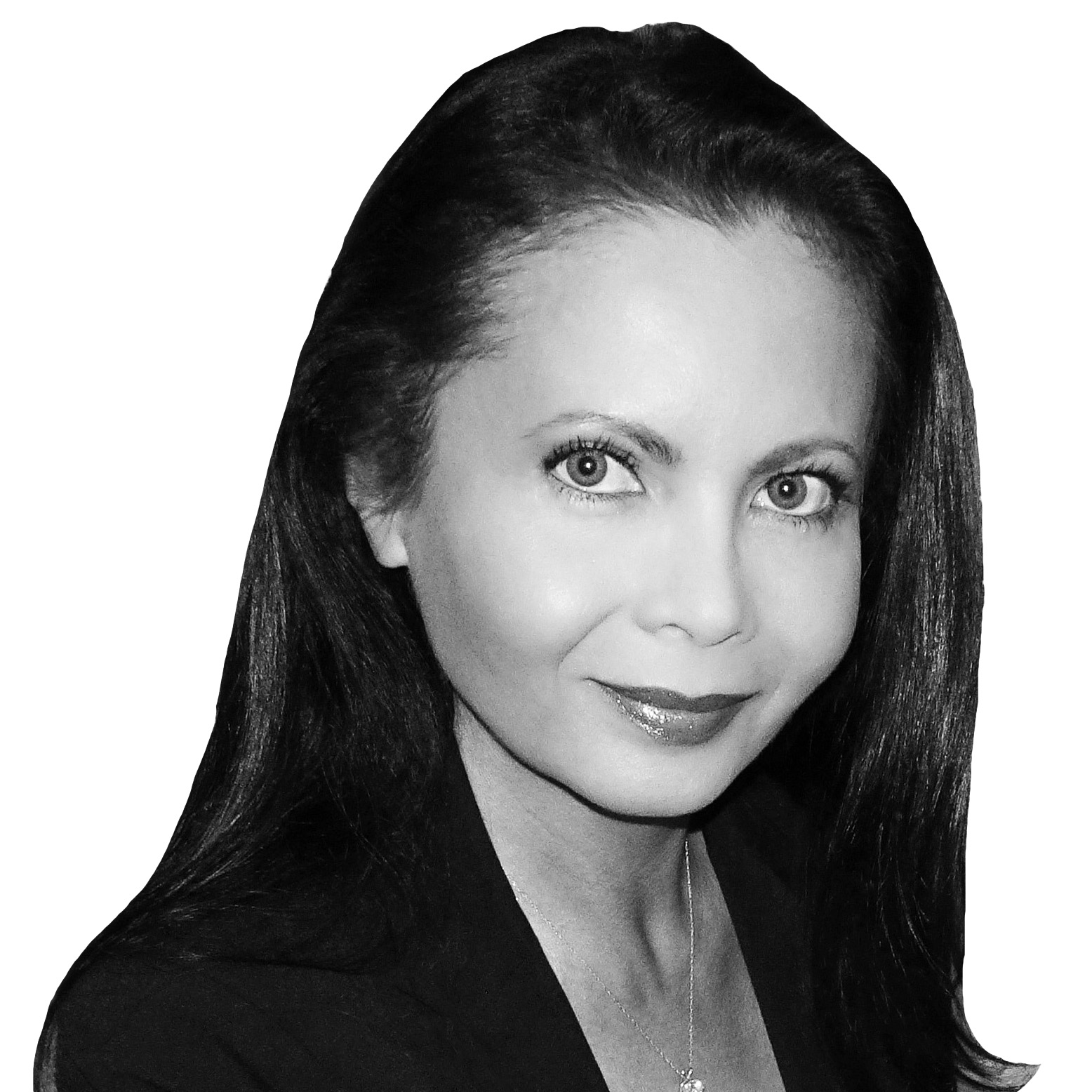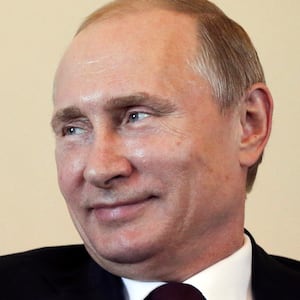Russia’s state media openly enjoy the division and chaos brought to the United States and its allies through the presidency of Donald J. Trump, leaving no doubt that the Kremlin would like to see the incumbent re-elected.
Mutual affinity between Trump and Russian President Vladimir Putin is undeniable, as gushing adoration dispensed by the U.S. president is received by the Kremlin’s perennial occupant with a wily snicker.
The Kremlin openly enjoys the chaos of Trump’s tumultuous presidency, accompanied by the Republican Party’s abdication of American values, as the GOP continues to block stronger election security measures.
ADVERTISEMENT
But it would be a mistake to assume that the Kremlin’s sympathies are reserved solely for the Republicans. When it comes to elections, all Americans are Putin’s foes and those who can best divide them are the Kremlin’s hand picked favorites. Putin’s government has a strong preference for the populists who reject the establishment and promote the agenda of inward-looking America. The Kremlin’s ultimate goal is the retreat of the United States from global affairs, which would allow the rest of the world to be quietly devoured by despots.
In covering Democratic debates, Russian state media elucidated the Kremlin’s preferences. The title of one segment echoed Trump’s words: “They won’t make America great.” And the hardest hit were the Russians’ least favorite candidates: Former Vice President Joe Biden and California Senator Kamala Harris. The Kremlin’s talking heads mocked Biden as an “elderly candidate,” with a petty, painstaking accounting of his minor slip-ups. Russian state media snickered about Kamala Harris “having her dirty deeds exposed in front of the audience of millions.”
Clashing with these unflattering descriptions was the upbeat coverage of Sen. Bernie Sanders and Rep. Tulsi Gabbard. In spite of the fact he’s older than Joe Biden, Sanders faced no criticism for his age. The Russian media portrayed Sanders as the frontrunner of the earlier Democratic debate night, allegedly deemed to be “more impressive” by The Washington Post. (The article in question did not contain such a description.) Russian state TV gushed about its second Democrat darling: “Tulsi Gabbard became the most popular candidate in Google searches.”
Russia’s ongoing support for Gabbard is not surprising, since her talking points are in perfect alignment with the Kremlin and its allies, including even and especially the Assad regime in Syria. During Wednesday’s debate, Gabbard dramatically proclaimed: “We were all lied to” [by the U.S. government] in perfect synchrony with Russia’s constant assertions that the United States cannot be trusted. RT (formerly Russia Today) previously stated that, “Tulsi Gabbard’s emergence fills a glaring lacuna in a political culture in Washington chronically afflicted with the moral and rabid sickness of an empire that has entered its mad dog days.”
Since 2016, RT’s pundits have opined that Tulsi Gabbard’s “ideology is basically made up” and pondered whether she would abandon the Democratic Party and “go from Bernie Sanders to Donald Trump” in order to secure a position within his administration.
Russian state media is currently preoccupied with the notion Gabbard was left off Twitter’s list of top trending topics intentionally. Russia’s efforts to promote Gabbard’s candidacy dovetail with the coverage by Fox News, which describes her as “the Democrat who stood out at debates among a pack of radical progressives.”
Likewise, Russia’s support for Bernie Sanders is not a new phenomenon. During 2017 hearings in Russia’s Federation Council, RT’s Editor-in-Chief Margarita Simonyan admitted that the network spent the largest amount of money to promote Twitter content related to Bernie Sanders—not Donald Trump. RT interviewed Bernie Sanders several times, “because he was the only candidate who would agree to it.”
Russian analysts surmise that Sanders is too radical for most voters, ultimately pushing them away and causing a fraction of Democrats to vote for Trump. Russian state media analysts predict that the events of 2016 could largely be repeated in the 2020 elections: “At the time, Sanders and Hillary Clinton were spending energy on each other, which led to a split in the Democratic Party and Trump’s victory. Today the situation is even worse, since two dozen candidates struggle to divide the electorate among themselves and continue to take away their votes from the party’s primaries.”
Russia’s support of Sanders and Gabbard is a continuation of the 2016 strategy that aims to use their candidacies as propaganda fodder—but more importantly, strives to re-elect Donald Trump.
One more example of the reason Trump is Putin’s pick was on display this week with Trump’s offer to help Russia contain the Siberian wildfires in a phone call initially publicized by Putin, not the American president.
It was taken as a promise of normalizing the relations—without any concessions from the Kremlin. In stark contrast with the previous U.S. administrations, the American president did not address human rights violations and the increasing brutality with which the Kremlin is suppressing local protests. During his call with the Russian leader, Trump admittedly failed to bring up the issue of election interference, having consistently misrepresented it as a joke—in spite of the damning findings by Special Counsel Robert Mueller.
Notably, the American president’s offer to help fight Russian wildfires is in sharp contrast with his reaction to the natural disasters taking place in the United States. Trump notoriously blamed California’s forest management for the state's wildfires and chastised Congress for “foolishly" sending excessive amounts of disaster relief funds to Puerto Rico. Trump’s description of the USSR as merely Russia by another name, “when it was all together,” undoubtedly thrilled Putin’s revanchist heart. The stream of outlandish statements made by President Trump overrides Russia’s traditional methods of manufacturing disinformation, since the reality is truly stranger than fiction and the Russian headlines seem to be writing themselves.
RT predicts that “the liberal-globalist world order” is coming to an end, to be replaced by a fundamentally different system, “which will be discussed in the next three to four years by Putin, Trump and Xi [Jinping]”— unless Trump is replaced by someone like Biden, Sanders, Harris or Warren. According to the Kremlin-sponsored media, the chances of that happening are slim to none and “Donald is doing just fine.”







